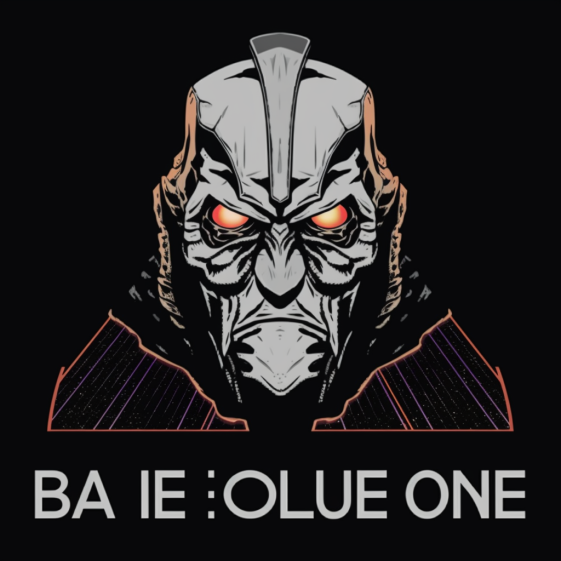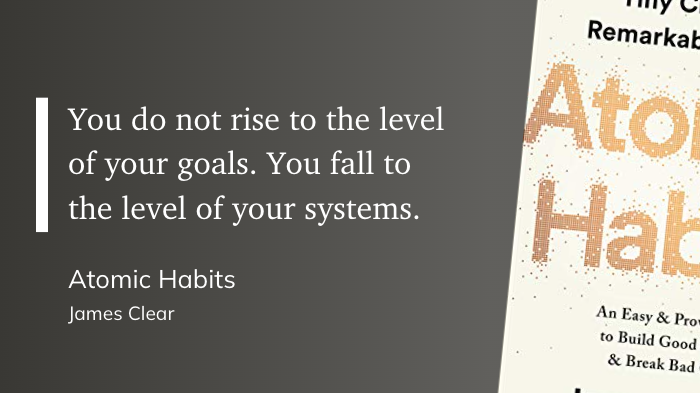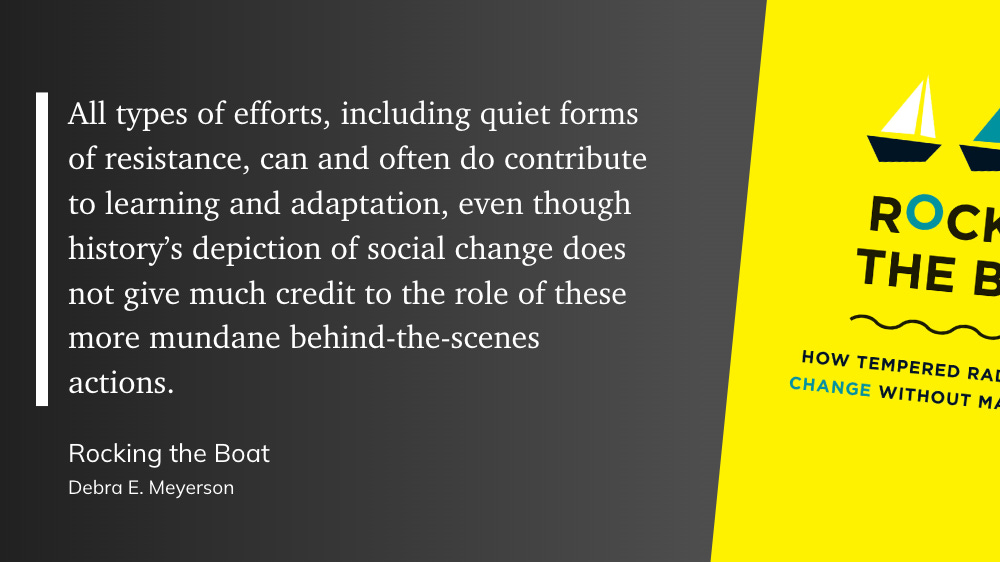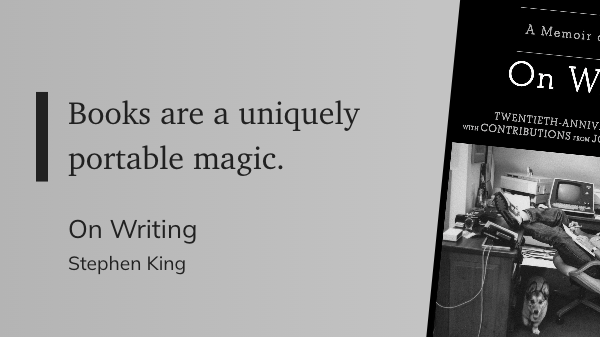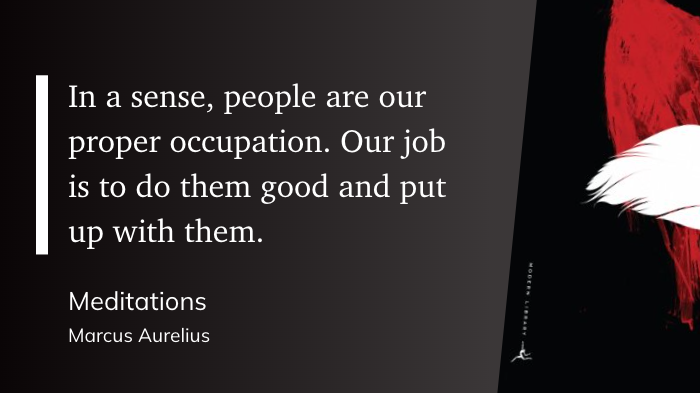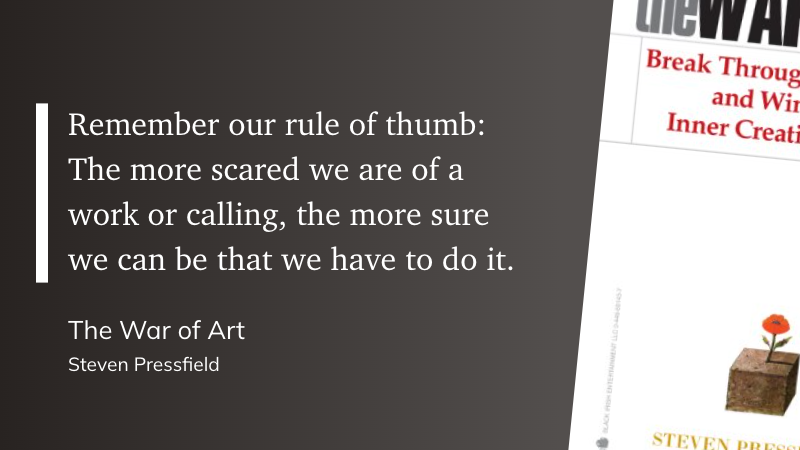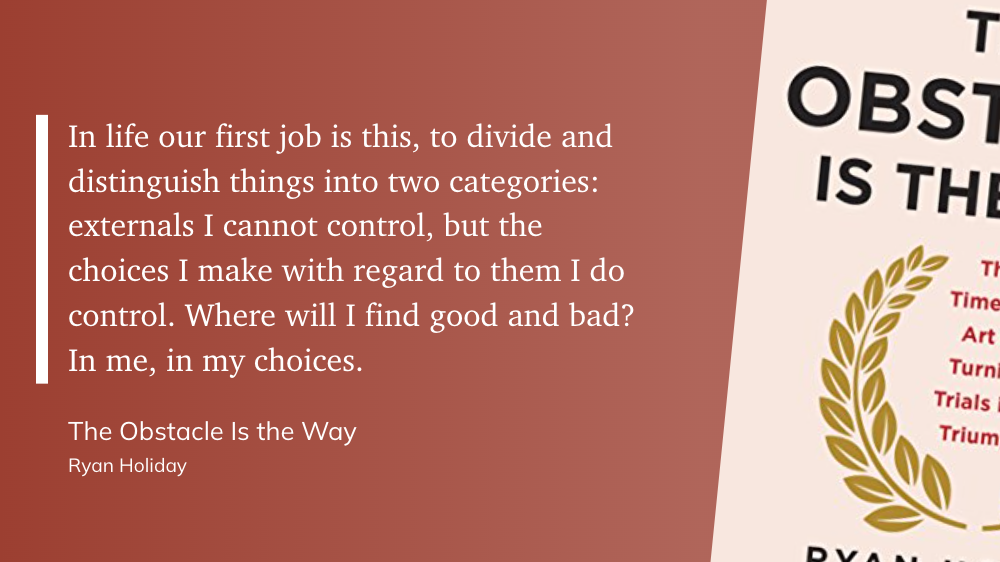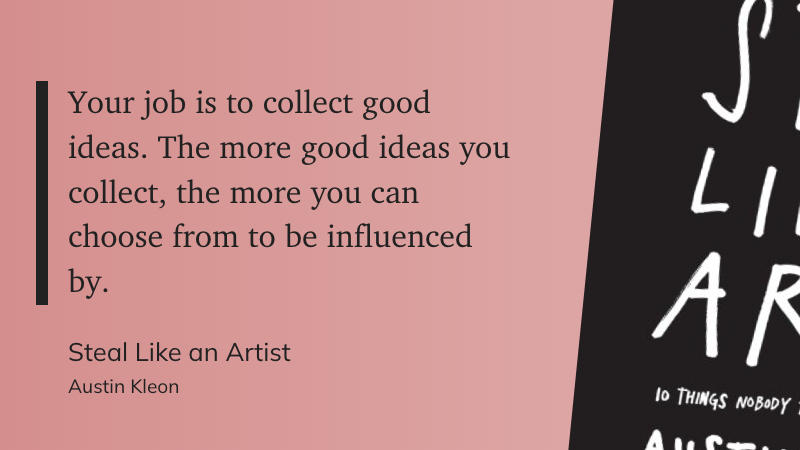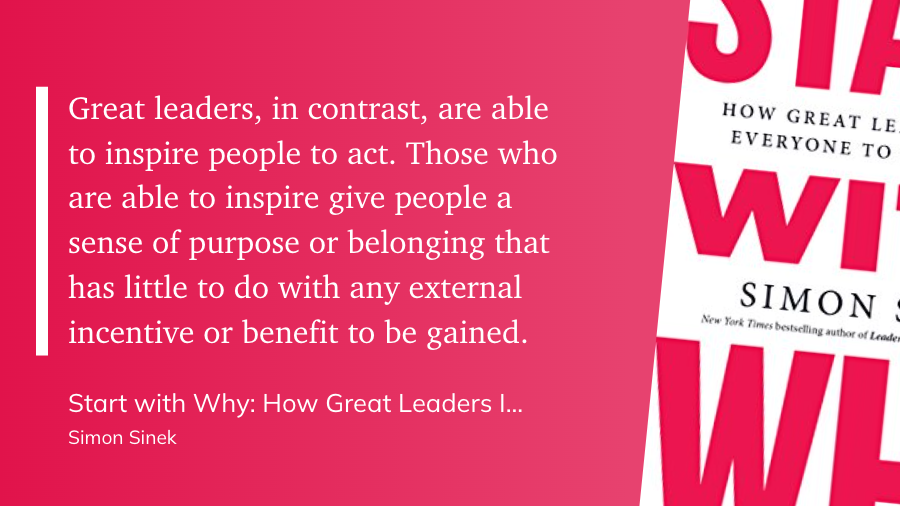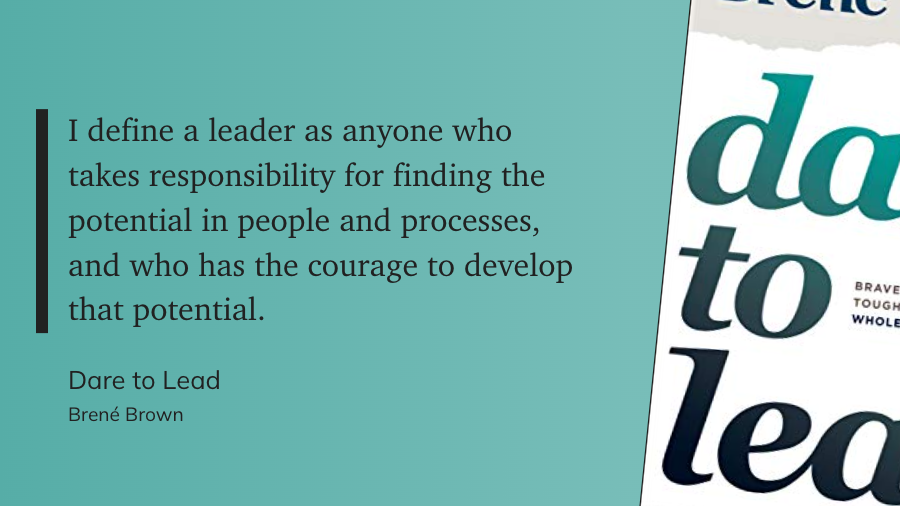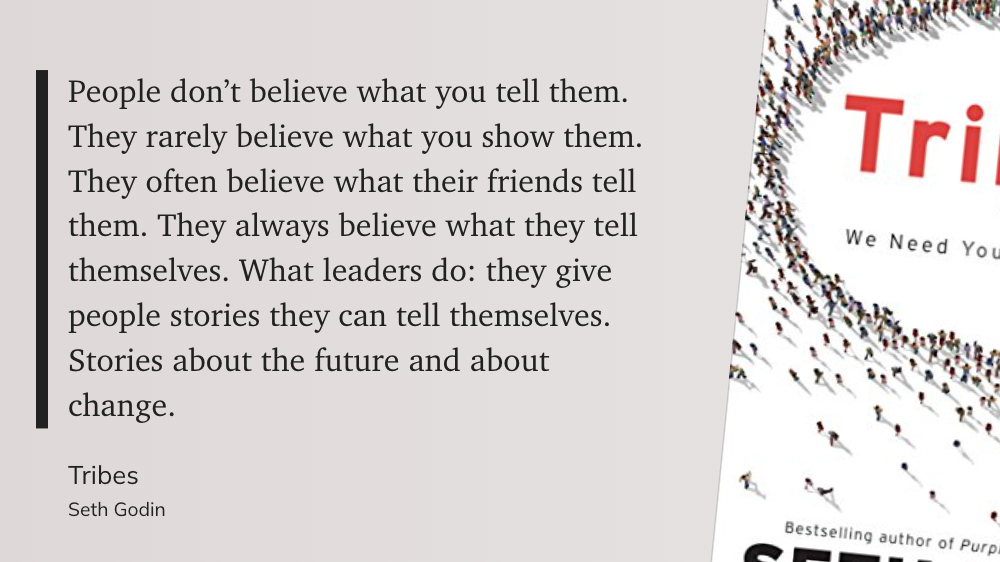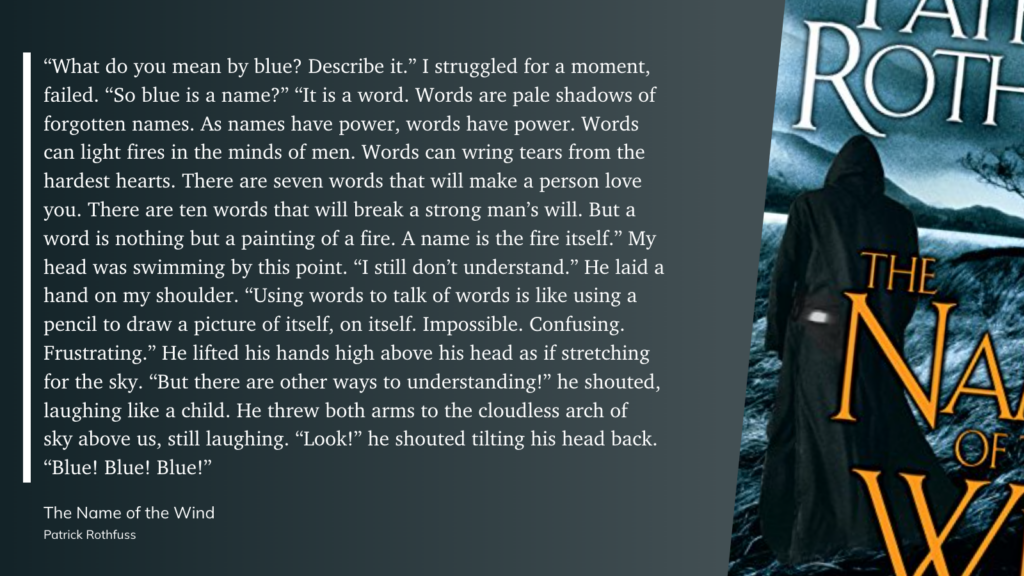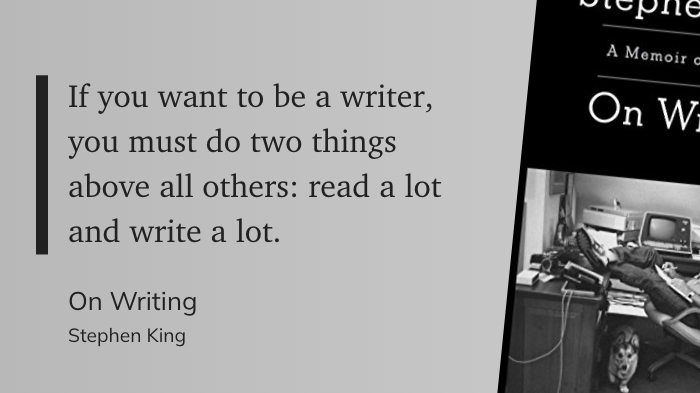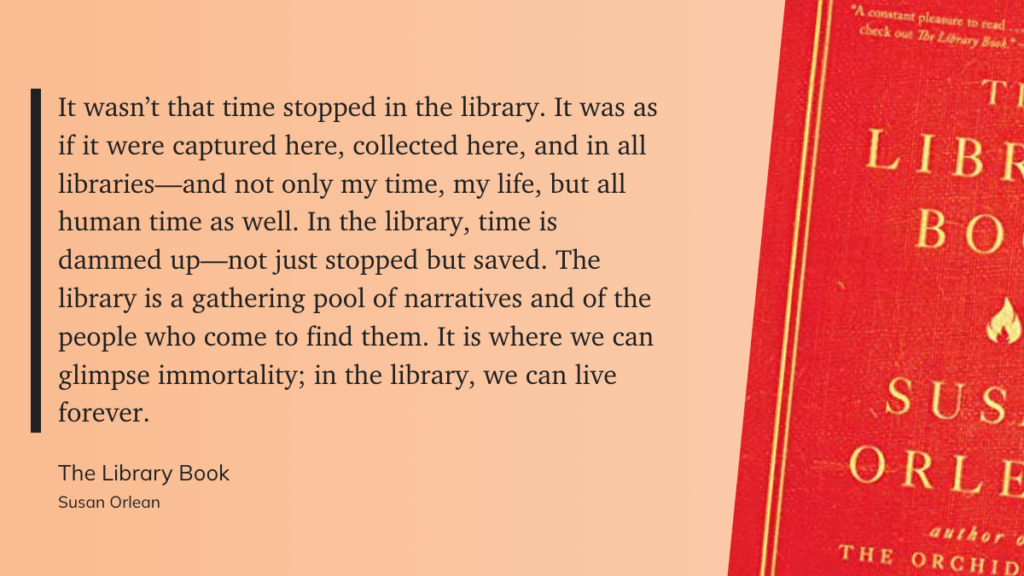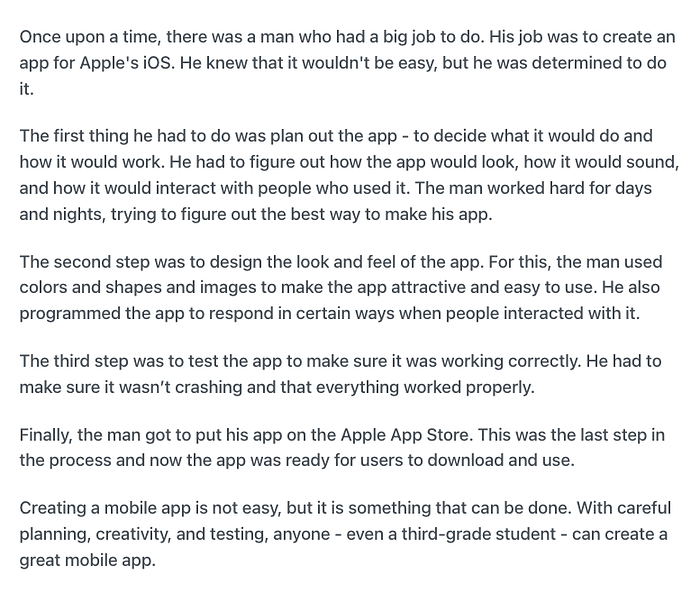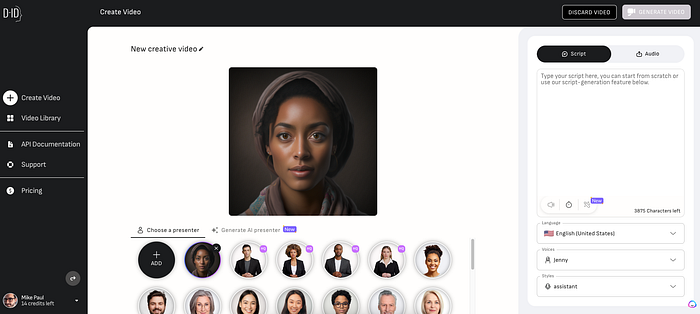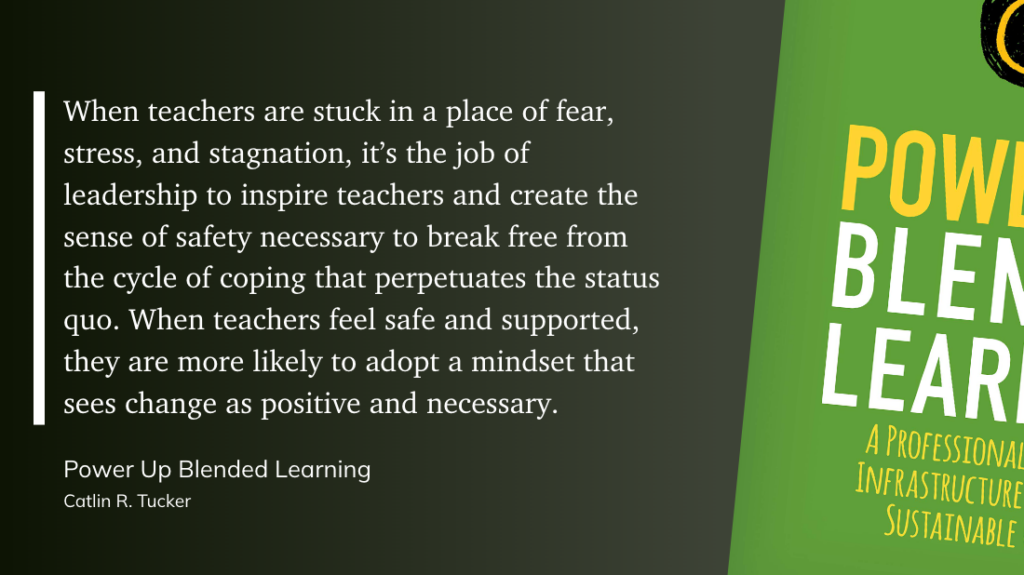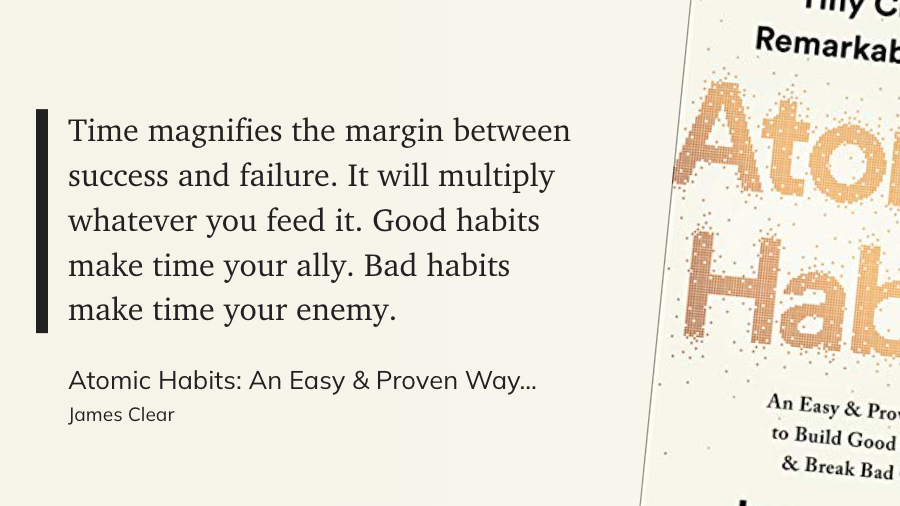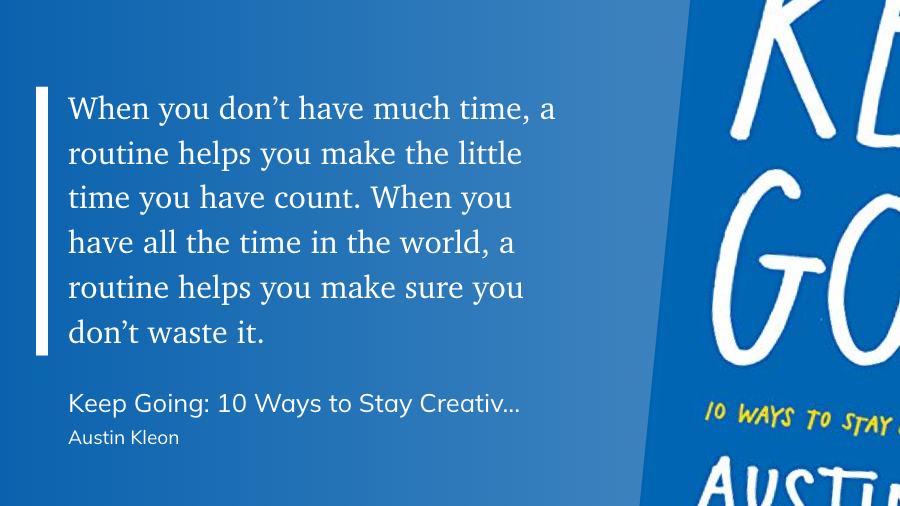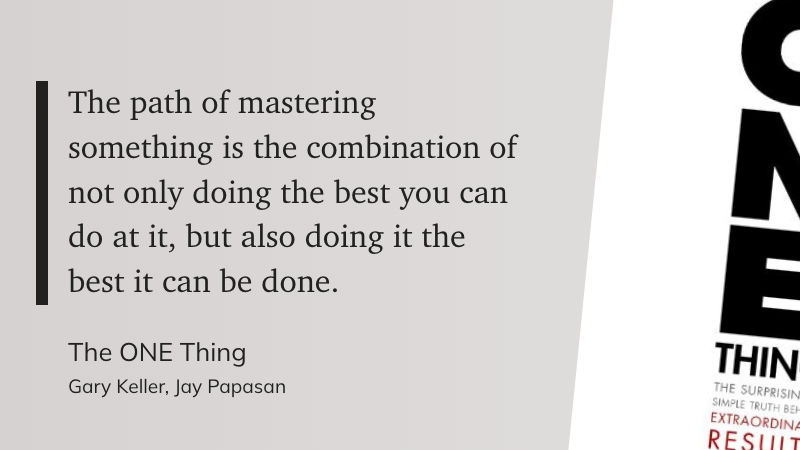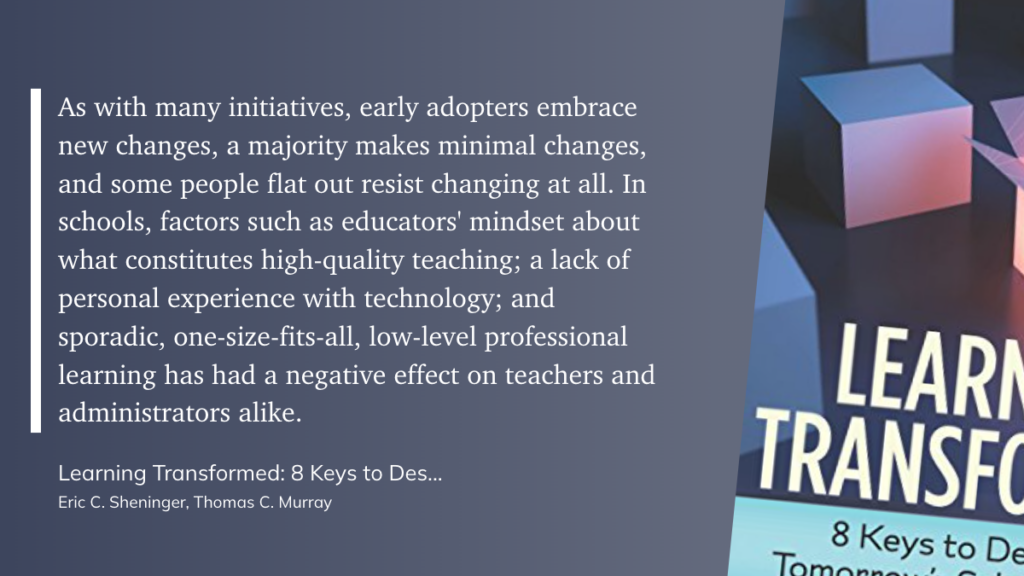A new year begins, full of new challenges and possibilities. But really, these challenges and possibilities aren’t new. They’re the same ones humans have faced for centuries; we experience them in a different context.
We’re all still trying to make sense of this crazy world and what part we must play in this grand performance of life. How do we make the world a better place? How do we find happiness? How do we experience true fulfillment? How do we achieve what we want in this life and, along the way, help a few other people get what they want?
As educators, that last question may be the most important one for us to answer. Without question, we have goals for our lives. But so much of the work we do every day is tied to helping other people, our students, accomplish their goals. Sometimes, our work helps students determine their goals.
Sometimes our work is helping students believe that their goals are possible; that they’re not crazy for being different and wanting something others may tell them is “stupid,” “not acceptable,” or “bad.”
We are purveyors in providing spaces for dreamers to make their dreams come true.
We must diligently provide these students with the support and resources they need to make their dreams a reality. We must create learning environments that foster creativity and exploration. We should inspire our students to take risks and challenge themselves to think outside the box. Additionally, we must equip them with the necessary skills and knowledge to help them progress steadily toward their goals.
As educators, it is our responsibility to be a source of guidance and understanding for our students, no matter how big or small their dreams may be. We must recognize the power of our influence and use it to encourage and empower our students to reach their full potential.
But for us to do all of that, we must take care of ourselves. We have to refill our cups, and we must ensure that we are working toward our own goals. Modeling success is key for our students. I can think of no greater tool to keep our minds sharp, our spirits full, and our eyes focused on the horizon of our dreams than reading great books.
Books are more than just an investment in yourself – they are a doorway to a world of knowledge. From novels and nonfiction to how-to guides, poetry, classics, and biographies, there’s something for everyone in the world of books. Reading can help you think more deeply, be kinder, gain a broader perspective, and become better at the things that matter to you. Books have been around for thousands of years and are still being published today, containing the distilled wisdom of countless hours of hard work. Why not take this opportunity to benefit from the knowledge stored within them?
With that in mind, here are 10 books – both recent and classic – that can help you achieve your 2023 goals and live a better, more fulfilling life.
Note: If you expect professional development books with 13 strategies and 27 tips to get more done in your classroom, you’ve come to the wrong list. These books help you with LIFE and living better in every area.
I’ll leave the boring, monotonous, ill-conceived PD books to other folks 😉
Meditations by Marcus Aurelius is a collection of personal reflections written by the Roman emperor Marcus Aurelius. Written in the 2nd century AD, it is an important philosophical work exploring Stoic philosophy and its practical application in life.
Meditations is an essential read for teachers, as it offers a great insight into the Stoic philosophy and how to apply it in a practical way. It provides a framework for understanding our emotions and reactions and how to use them to our advantage. It helps to refocus our attention on what matters most in life and encourages us to be kinder and more compassionate towards others. It also offers a unique perspective on our own inner struggles and how to make peace with them. With its timeless wisdom, Meditations is an invaluable resource for teachers striving to make a difference in their students’ lives.
The War of Art by Steven Pressfield is a must-read for teachers looking to break through creative blocks and achieve their goals. It examines the inner struggle of pursuing your dreams and offers concrete strategies to help you overcome these obstacles.
The book focuses on the concept of “resistance”, which is an inner force that can be physical, mental, or emotional and prevents us from achieving our goals. It encourages us to push through these barriers and to keep working no matter how difficult the journey may be. The War of Art is an inspirational read that provides invaluable advice for teachers looking to overcome their own struggles and help their students reach their full potential.
The Obstacle is The Way by Ryan Holiday is a book that explores the concept of stoicism and its practical application in everyday life. It encourages readers to confront and embrace the obstacles that stand in their way and to use them as an opportunity to grow and become stronger.
The Obstacle is The Way provides a framework for understanding life’s struggles and how to use them to your advantage. It is an essential read for teachers looking to help their students overcome their own obstacles and achieve their goals.
Steal Like an Artist by Austin Kleon is a must-read for teachers looking to find their creative spark. It encourages readers to look at the world from a different perspective and to embrace their own unique style. Through personal anecdotes, Kleon provides a framework for understanding creativity and how to use it to your advantage.
This inspirational read encourages readers to escape their comfort zones and explore their passions. Steal Like an Artist is an invaluable resource for teachers looking to foster creativity and exploration in their students.
Start With Why by Simon Sinek is an inspirational and thought-provoking book with a simple premise – that people should start with why when making decisions and formulating strategies. The book provides clear examples of how this approach can help teachers become more successful and effective.
It advocates for an approach that puts the why before the how and what and encourages readers to find their own why. It helps teachers to understand the importance of having a clear purpose and how it can help them reach their goals. It also encourages teachers to think more deeply and creatively and helps them to understand their own values and how they can help to create a better world for their students.
Dare to Lead by Brene Brown is a powerful and inspiring book that explores the courage and vulnerability needed to lead. It examines how fear often keeps us from taking risks and how embracing vulnerability can help us achieve our goals. Through personal stories and historical examples, Dare to Lead provides a framework for understanding leadership and how to use it to create a better world for our students.
It encourages readers to be brave and take risks, to be honest, and open, and to find their own voice. It helps teachers to understand their own strengths and weaknesses and how to use them to become more effective leaders. Dare to Lead is an essential read for any teacher looking to become a better leader and foster a more positive and productive learning environment for their students.
Tribes by Seth Godin is a must-read for teachers looking to make a difference in their classrooms. It examines the concept of leadership and how to use it to create positive change.
The book focuses on the concept of “tribes”, which are communities united by shared values, beliefs, and goals. It encourages readers to create their own tribes and use them to make a difference in the world. Tribes also provides readers with invaluable advice on how to effectively lead their tribes, how to inspire others and how to create a positive learning environment. It is an invaluable resource for teachers looking to empower their students, foster collaboration, and create a positive learning environment.
The Name of The Wind is a modern classic, praised for its beautiful prose and captivating story. It’s also one of the few books I’ve read that have caused me to weep openly.
It follows the tale of Kvothe, an orphan seeking to make his way in a world filled with danger, mystery, and wonder. Kvothe’s journey is one of self-discovery as he comes to understand the power of words and the power of stories. Through his adventures, Kvothe learns to master the power of magic and the power of his own emotions.
The Name of The Wind is an epic adventure filled with memorable characters, captivating dialogue, and lush descriptions. It is a powerful tale of self-discovery, courage, and perseverance and is a must-read for anyone looking for an unforgettable journey. Rothfuss’s writing is beautiful and engaging, and his story is filled with moments of joy, sorrow, and inspiration.
On Writing is a must-read for any creative or teacher. It’s a first-person account of Stephen’s writing process and a bit of a personal memoir. He shares his stories of success, failure, and redemption while providing advice on writing style, technique, and tools.
While the book is focused on writing, you can apply the lessons to any creative endeavor, like teaching.
On Writing is an adventure in a different kind of world where the written word is powerful beyond measure. Whether you are interested in learning how to write better or want to entertain yourself with Stephen King’s witty observations, this book will not disappoint.
I had to think about this last one for a while because I didn’t want to waste the slot. There are so many great books that could go on this list. But here we are with what has become one of my favorite books.
The Library Book by Susan Orlean is an inspiring and captivating exploration of the power of libraries and the stories of the people who love them. Orlean examines the impact of libraries on our lives, from the Great Library of Alexandria to modern-day libraries. She weaves together stories of patrons, librarians, and politicians, creating a vivid and compelling narrative that highlights the importance of libraries in our society. The Library Book is an essential read for anyone looking to understand the impact libraries have on our lives and to appreciate their value.
A Final Note
As we grow and change over the years, we can gain new perspectives and lessons from books we’ve read in the past. Take some time this year to revisit some of your favorites. Thumb through Fahrenheit 451 one more time. Take a stroll down memory lane with A Tale of Two Cities or The Grapes of Wrath. Dive back into the worlds of Tolkien once again. You’ll likely find something you missed and learn something new.
The Eclectic Educator is a free resource for everyone passionate about education and creativity. If you enjoy the content and want to support the newsletter, consider becoming a paid subscriber. Your support helps keep the insights and inspiration coming!

